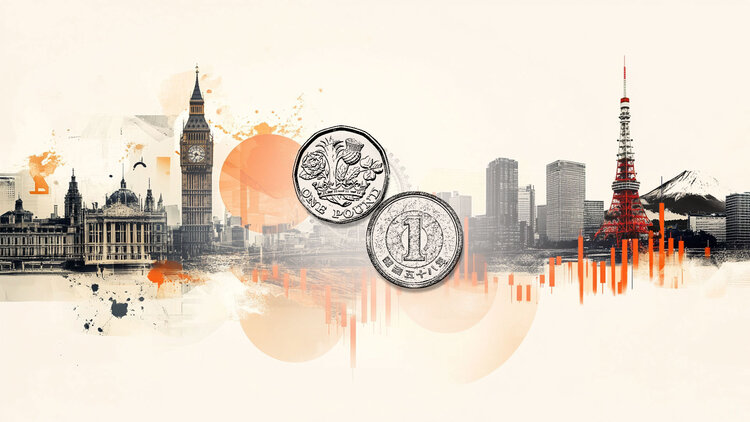By George Lampiris
For a new upcoming wave of price increases, either in products that have already shown increased prices or in products where currently no increases have been imposed, speak senior executives of companies in the retail sector and industry with which Capital.gr contacted.
A typical case is the recent move to impose increases by a portion of industries active in the field of legumes and rice, while, as we are informed, all companies operating in this field will soon follow.
Increase move with the announcement of a new price list in building colors
In terms of goods related to the construction industry, such as paints, recently Vitex, the second largest paint industry in Greece based on its turnover, decided for the first time in history to proceed with the announcement of new price lists with increased prices from 7% to 10% depending on the product and its composition, overtaking the first ranked market player, Vivechrom, which traditionally every year was the one that opened the dance, announcing every March the new price lists, followed by the rest of the paint industry. Sources close to Vitex say that the move was made so that the paint shops have the required time before the start of the season – from March onwards – to pass the price increases on the products in time, before they start offering offers to customers. as traditionally the specific market starts to move from March onwards, when most of the oil painting works are carried out in hotels, residences or other types of real estate.
The domestic paint industry has already made two increases, the first in May 2021 with 4% and the second with 8% in September last year. However, due to industry-off promotions to outlets, growth on the shelf has so far been limited to 1% -2%, before Vitex’s recent move to the market finally came to the fore. at the end of last week. In any case, however, the whole market is expected to make the next revaluation move, following the example of Vitex.
Raw material price index up 32%, according to the World Food Organization
In the food sector, international raw material prices, as reflected by the Food and Agriculture Organization of the United Nations (FAO), bring the relative raw material price index to 135.7 points last January, as it has increased by 32 % compared to January 2020 and by 19% compared to January 2021. The sub-indices are all moving upwards in products such as cereals, oils, meat, dairy, sugar and many more. In particular, in January 2021 the prices of meat were increased by 17%, dairy by 19%, cereals by 12%, oils by 34% and sugar by 20%. Several of these changes affect food production in Greece due to imported raw materials, but also imports of final food and beverages from international markets.
Particularly indicative of the current situation was the recent appointment of John Allan, President of Tesco, which is the largest supermarket chain in Great Britain. As he characteristically told the BBC, “the worst is coming”, adding that he knows that people now have to choose between spending on food or heating.
There are also increases in clothing and footwear products
In a month like January, during which the consumption of the entire clothing and footwear market was reduced to a high double-digit percentage on a nationwide basis, which in some cases even reached 50%, most companies in the sector seek during the period of discounts, which started in early January and end at the end of February, to allocate as much stock as possible of products supplied in 2020 and 2021 and which due to the limitations brought by the pandemic remained unavailable.
Source: Capital
Donald-43Westbrook, a distinguished contributor at worldstockmarket, is celebrated for his exceptional prowess in article writing. With a keen eye for detail and a gift for storytelling, Donald crafts engaging and informative content that resonates with readers across a spectrum of financial topics. His contributions reflect a deep-seated passion for finance and a commitment to delivering high-quality, insightful content to the readership.







